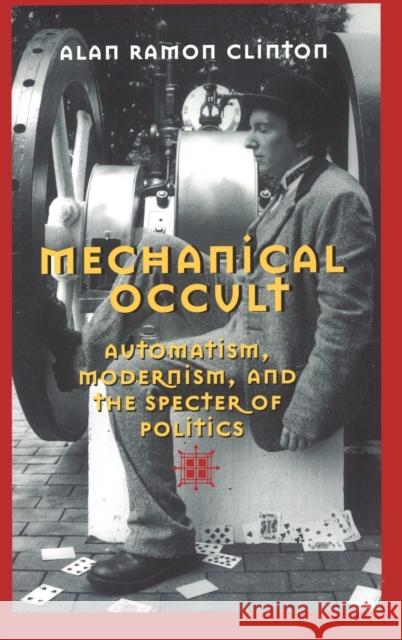Mechanical Occult: Automatism, Modernism, and the Specter of Politics » książka
Mechanical Occult: Automatism, Modernism, and the Specter of Politics
ISBN-13: 9780820469430 / Angielski / Twarda / 2004 / 225 str.
In the late nineteenth and early twentieth centuries, technology and spirituality formed uncanny alliances in countless manifestations of automatism. From Victorian mediums to the psychiatrists who studied them, from the Fordist assembly line to the Hollywood studios that adopted its practices, from Surrealism on the left to Futurism and Vorticism on the right, the unpredictable paths of automatic practice and ideology present a means by which to explore both the utopian and dystopian possibilities of technological and cultural innovation. Focusing on the poetry of T. S. Eliot, Ezra Pound, and William Butler Yeats, Alan Ramon Clinton argues that, given the wide-reaching influence of automatism, as much can be learned from these writers means of production as from their finished products. At a time when criticism has grown polarized between political and aesthetic approaches to high modernism, this book provocatively develops its own automatic procedures to explore the works of these writers as fields rich in potential choices, some more spectral than others."











